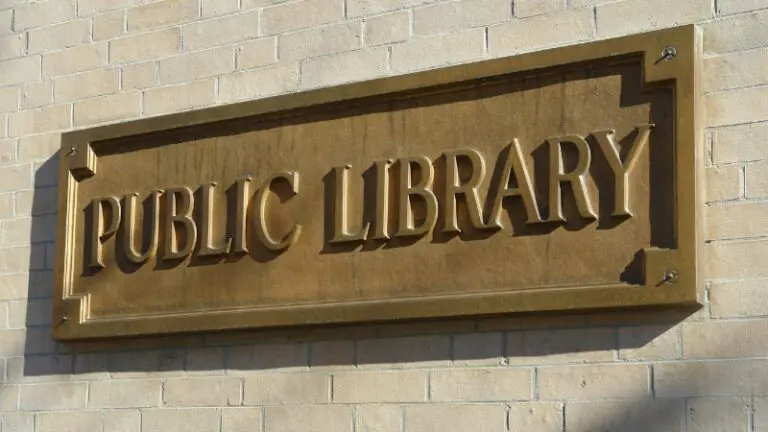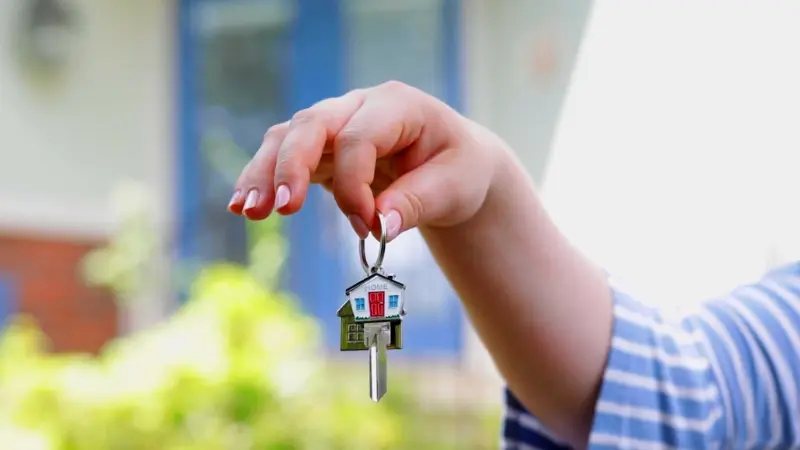Tenants in Indiana live under laws that heavily favor landlords, but that doesn’t mean tenants are without protections.
Renters have rights that ensure basic livability, legal safeguards, and the right to peaceful enjoyment of their homes.
Knowing what those rights are can make all the difference when navigating disputes or asserting a claim.
Safe, lawful, and habitable housing is a right protected by Indiana law.
Tenant Rights
Tenants in Indiana possess several critical rights aimed at ensuring privacy, security, and uninterrupted access to basic necessities. These rights are backed by state statutes and cannot be waived, even through a lease agreement.
Ignorance of these protections often places renters at a disadvantage during disputes, so knowing what is legally guaranteed can help prevent abuse or neglect by landlords.
Among the most important legal protections are those related to privacy. A tenant’s home is legally considered private property for the duration of the lease.
That means landlords cannot walk in at will. A fair and lawful rental experience includes respecting a tenant’s right to quiet enjoyment of their space.
Tenants also have strong protections against harassment and forced displacement. Without a legal eviction order issued by a court, a landlord may not force a tenant to leave.
To break this down clearly, here are the key rights every tenant in Indiana should know:
The Right to a Habitable Home
The Implied Warranty of Habitability exists to safeguard renters by establishing a baseline for livable conditions.
In Indiana, this protection applies automatically, even if a lease doesn’t mention it. Renters are not required to negotiate for it. It is built into the landlord-tenant relationship as a legal expectation.
A landlord cannot simply collect rent and ignore the physical condition of the unit. Every property must be maintained in a manner that protects the tenant’s health, safety, and basic comfort.
Minimum requirements include:
Properties must be more than just four walls and a roof. There must be places where a tenant can safely live without constant threats to health or personal safety.
Broken windows, leaking ceilings, unsafe staircases, or mold infestations fall under habitability issues that must be addressed.
Failing to meet these standards can result in significant consequences for landlords. Tenants may be legally justified in withholding rent, seeking repairs independently and deducting the cost, or pursuing court orders to enforce compliance.
In severe situations, tenants may also recover damages or terminate the lease without penalty.
Landlord Responsibilities

Property owners in Indiana carry a legal obligation to ensure that every rental unit meets basic living standards.
A safe, functional, and healthy home environment is a legal right, not a discretionary favor.
Responsibilities fall under several categories:
Basic Utility Systems
Heating, water supply, plumbing, and electricity must operate properly at all times. When a tenant moves in, these services should already be fully functional.
If any of these systems break down during the lease period, landlords must initiate repairs without unnecessary delay.
Ignoring such issues can result in serious legal consequences.
Appliances Listed in the Lease
Would you sign a lease if the landlord tried to specifically write in that they would NOT maintain the fridge, washer, and dryer?
Meaning, if it wasn’t your fault (like misuse or negligence), you’d be responsible to repair and replace them.
— Cosette Eliason (@cosetteeliason) March 13, 2025
Any appliance provided under the lease, such as a refrigerator, stove, or washer, must be maintained in good working order.
If an appliance breaks down and it is part of the rental agreement, the responsibility for repair or replacement belongs to the landlord, not the tenant.
Common Areas
Shared hallways, stairwells, laundry rooms, and outdoor spaces must be kept clean, well-lit, and free of hazards.
Failing to maintain these areas could lead to accidents, legal complaints, or fines for code violations.
Tenants have the right to safely access every part of the premises they are entitled to use.
Smoke Detectors
Installation of working smoke detectors is mandatory in all rental units. Landlords must ensure that these devices are operational at the start of each tenancy and replace them if they malfunction.
Fire safety is not only a practical concern but also a legal requirement in residential leasing.
Prompt communication is also essential. When tenants submit written maintenance requests, landlords must respond within a specific timeframe.
Ignoring requests or stalling repairs does more than inconvenience renters; it places landlords in direct violation of state law.
Legal Remedies for Tenants
Landlords who neglect their legal responsibilities place tenants at risk, but tenants are not without protection.
Indiana law offers several effective legal options to ensure that renters can enforce their rights when necessary.
When a rental unit becomes uninhabitable or when obligations go unmet, tenants have specific steps they can follow to initiate action and resolve disputes.
Tenants should begin by documenting all issues clearly and keeping a detailed record of every interaction with their landlord. Evidence is critical in any legal matter, and written communication offers the most reliable form of proof.
Key steps tenants should take include:
When a landlord refuses to address significant repair issues, tenants may seek judicial relief. Indiana courts can compel landlords to act through legally enforceable orders.
Financial compensation may also be awarded to tenants who suffer damages due to the lack of repairs.
For tenants exploring digital tools to simplify small claims actions, platforms like casecraft.ai (currently UK-based) demonstrate how technology can streamline documentation, automate legal form preparation, and improve claim management, even without legal training.
While not yet adapted for Indiana courts, it provides a model for what future tenant-empowerment tools could look like in the U.S.
Tenant Responsibilities

Tenant protections only work effectively when paired with responsible behavior. Just as landlords are held to legal and moral standards, tenants must meet their own obligations to maintain a secure, clean, and habitable environment.
Indiana tenants are expected to exercise care and consideration in their living space. Disregard for rules or neglect of the property can lead to legal issues, conflict with neighbors, or termination of the lease.
Outlined below are core duties every tenant must uphold:
Lease Agreements and Modifications

Lease agreements serve as the legal framework for the relationship between a landlord and a tenant. Indiana law requires any lease longer than three years to be documented in writing.
While not mandated for shorter terms, having a written lease helps clarify expectations, reduces the chance of disputes, and strengthens a tenant’s position if issues arise.
Verbal agreements are risky and can lead to conflicting accounts about rent amounts, payment schedules, responsibilities for repairs, or move-out procedures.
A properly structured written lease protects both parties and ensures transparency.
Landlords are required to notify tenants in writing at least 30 days before making any modifications to the lease.
It includes not only rent increases but also changes in property rules or policies. Sudden or informal changes are not legally binding unless proper notice is given.
Summary
Knowing your rights and responsibilities as a tenant creates the foundation for safer, more respectful rental experiences.
Indiana law may favor landlords, but tenants have enforceable rights that protect their homes and well-being.
If you’re considering buying a house in Indianapolis, understanding tenant rights can also help guide you through the property market and ensure a smoother transition to homeownership.
Legal support, housing advocacy groups, and community organizations are available to help when rights are ignored or violated. Renters should never hesitate to seek assistance when in doubt.
Related Posts:
- Planning a Trip to Indiana? Here's Your Checklist…
- 12 Things To Do In Indianapolis This Weekend With…
- Things to do in Gary Indiana in 2025 - Top 8…
- 13 Must-See Attractions in Fort Wayne - A Complete Guide
- Best Things to Do in Greenwood in 2025 - The Top 10…
- Is Indiana a Republican or Democratic State? True…









